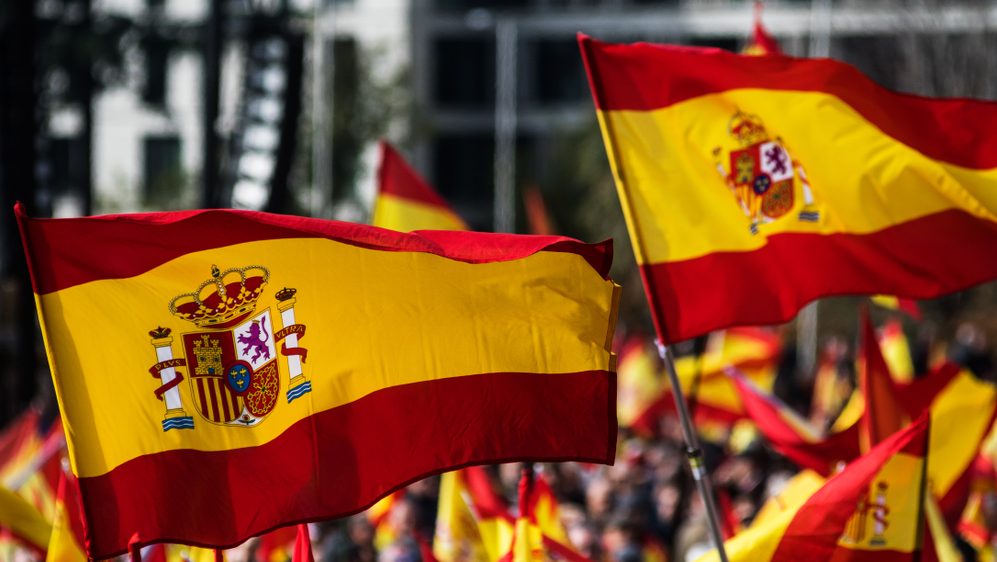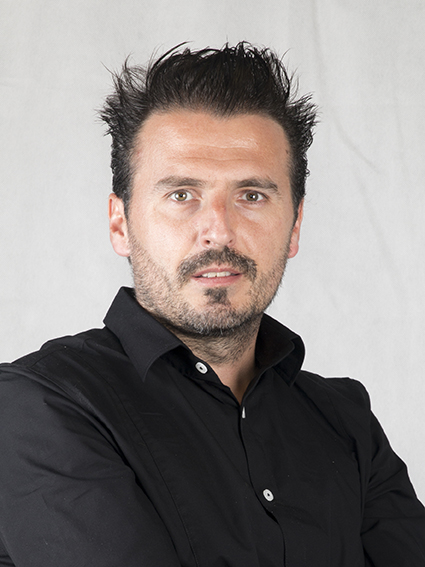
Ruben Loeches, CMO at R Franco Digital has urged Spanish regulators not to go ‘overboard’ when it comes to regulating the slots market with limits.

Following Greece’s recent stake limit introduction, Loeches believes it will ‘surely be the next step’ in Spain after the new decree to regulate advertising for gaming companies. He said: “Faced with all these restrictive measures, players will look for an alternative with online operators as land-based gambling is placed under greater continued pressure.
“This of course holds plenty of potential for online slots given the likely migration to digital, even with stake limits on the horizon. However, I would urge regulators not to go overboard when it comes to regulating the slots market with limits and the like, as after all – over regulation will simply drive players back to non-regulated operators – which nobody wants.”
SlotBeats spoke to Loeches about the benefits for operators and suppliers getting involved in the Spanish market, how it has performed under lockdown and how recent months have changed the attitude of the player.
SlotBeats: For operators and slots suppliers eyeing the Spanish market for the first time, what’s the case for getting involved here?
Ruben Loeches: The Spanish market currently finds itself at somewhat of a crossroads waiting patiently for a government which seems in no rush to make decisions about the gambling sector. Sports betting has certainly felt the impact, with the government making little distinction between aggressive sports betting marketing campaigns and slots.
We are currently awaiting a new decree of law relating to the promotion and advertising of gaming companies, which in my opinion, is rather harsh, and if passed will make things more complex for companies considering entering the market in the short term. For those who do, it is essential to have a team of professionals and suppliers whose extensive experience in the market will help with the acquisition of new slot players.
SB: How has the Spanish slots market performed under lockdown?
RL: Unfortunately, the last official set of data released corresponds to Q1 2020, and that showed the online market in good health. The sector showed a growth of 8.27 per cent compared to Q4 of 2019, and an annual variation rate of 16.76 per cent.
However, rather than slots, growth is mainly due to the behaviour of conventional and live roulette with quarterly variations of 22.46 per cent and 15.88 per cent respectively. Land-based also fared well, with the number of slot machines also increasing by 4.10 per cent, which since their launch in 2015 has led to increasingly higher market shares for the casino. We aim to improve on these pre-COVID results as we look towards the future and see plenty of potential.
SB: Would you say player attitudes have changed during recent months? Have tastes changed when it comes to games (slots) of choice? (i.e. games with lower volatility etc…).
RL: The data we have seems to indicate no. Though our statistics have shown that while the number of players has been increasing, the average deposit and the number of deposits has been reduced. The most played slots remain as popular as ever, and we haven’t seen too much change in our customer tastes in this regard. Right now it’s all about retention and engagement.
SB: Plenty’s been said about the casino/sportsbook cross-sell – have more Spanish players become introduced to slots?
RL: There has been an increase in players, mainly due to cross selling, but not as much as you might think. Some players have looked for alternative sports to bet on such as table tennis and e-sports, but casino games for the true sports bettor still appear less attractive and are not regarded as a substitute activity.
Effectively, what we have is a case of RNG vs. RNG. Slots, given their inherent nature of randomness, will always be a tougher crossover for sports bettors, as they like the skill-based element that comes with it.













